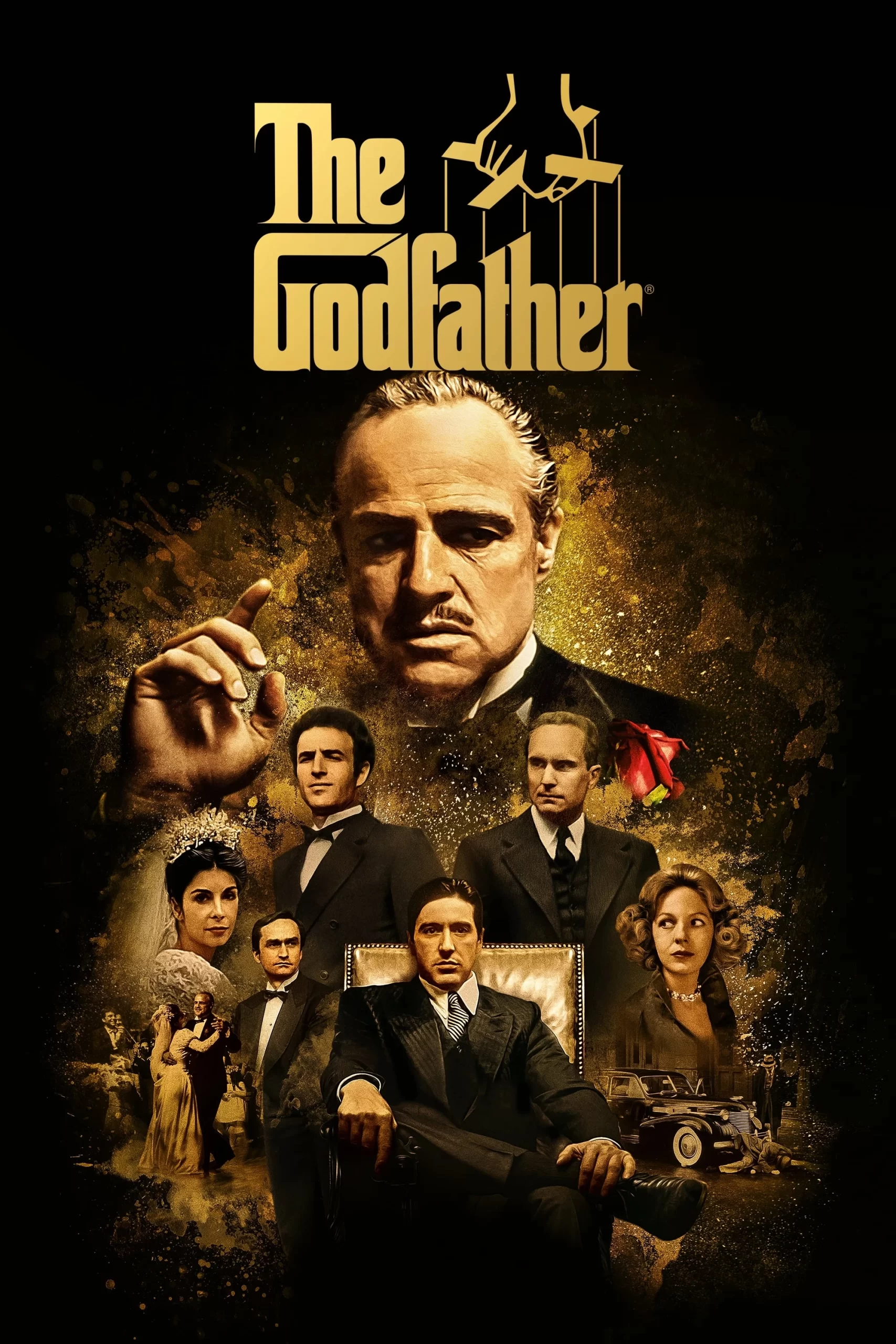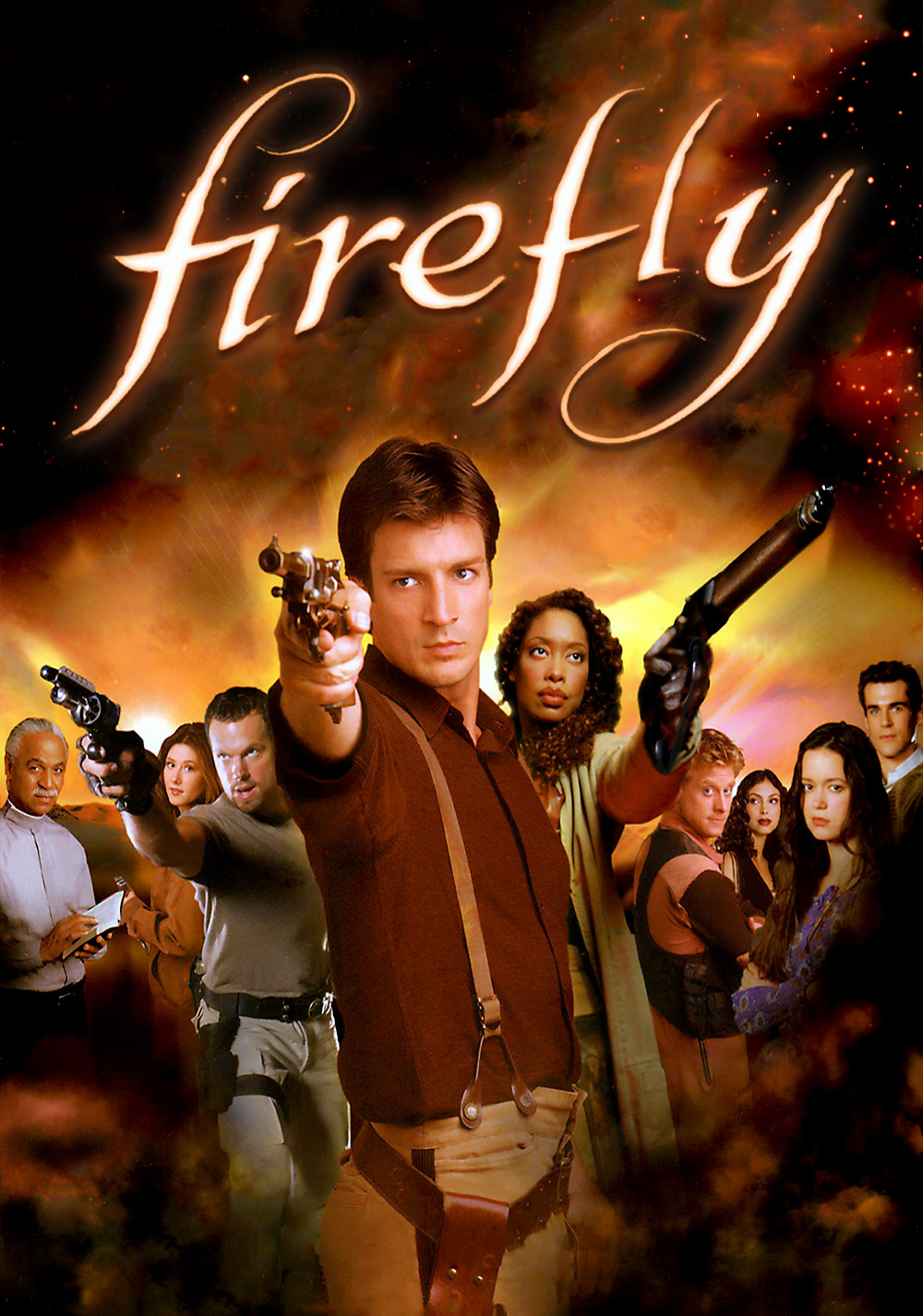- Top 10 Cult Classics That Have Achieved Legendary Status
- Top 10 Films Directed by Women Filmmakers
- Top 10 Classic Films Every Movie Buff Should Watch
- Top 10 Superhero Movies of the 21st Century
- Top 10 Animated Films for All Ages
Some films have left an indelible mark on the world of cinema, shaping the industry and influencing countless filmmakers. These films are a testament to the power of storytelling and the enduring appeal of the medium. In this article, we’ll delve into ten iconic classics which every movie buff should watch.
Set in the backdrop of World War II, “Casablanca” tells the story of Rick Blaine, played by Humphrey Bogart, who runs a nightclub in the titular city. His life takes an unexpected turn when his former lover Ilsa Lund (Ingrid Bergman) and her resistance leader husband Victor Laszlo (Paul Henreid) show up at his club. The film explores themes of love, sacrifice, and political intrigue as Rick is faced with a difficult choice.
“Casablanca” is a timeless classic that effortlessly combines romance, intrigue, and memorable performances. Its iconic dialogue, including “Here’s looking at you, kid,” and “We’ll always have Paris,” has become part of the cultural lexicon. The film’s masterful storytelling and unforgettable characters have solidified its place in cinematic history.
Adapted from Margaret Mitchell’s novel, “Gone with the Wind” is a sweeping epic that revolves around the life of Scarlett O’Hara (Vivien Leigh), a headstrong Southern belle, during the American Civil War. The film explores love, loss, and the changing world of the South through the eyes of its iconic protagonist.
“Gone with the Wind” is a cinematic triumph, known for its lush cinematography and memorable performances. It stands as a testament to the grandeur of classic Hollywood filmmaking and remains the highest-grossing film of all time when adjusted for inflation. Its portrayal of a complex and flawed heroine and its exploration of the Old South’s demise make it a must-watch classic for any movie buff.
Francis Ford Coppola’s “The Godfather” is a crime drama masterpiece based on Mario Puzo’s novel. It chronicles the Corleone crime family, led by patriarch Vito Corleone (Marlon Brando) and his son Michael (Al Pacino). The film delves into the world of organized crime, power struggles, and the complexities of family loyalty.
“The Godfather” is not just a classic; it’s a cinematic phenomenon. Its intricate narrative, character development, and stunning performances, particularly Marlon Brando’s portrayal of Vito Corleone, set a standard for the crime genre. The film’s enduring legacy and influence on subsequent crime dramas make it a staple for movie enthusiasts.
Often hailed as the greatest film ever made, Orson Welles’ “Citizen Kane” follows the life of newspaper magnate Charles Foster Kane, played by Welles himself. Using a nonlinear narrative, the film explores the enigmatic Kane’s rise to power and his eventual downfall.
“Citizen Kane” is a groundbreaking work of cinema, celebrated for its innovative use of deep focus cinematography, non-linear storytelling, and complex character study. The film’s influence on filmmaking techniques is immeasurable, and its exploration of power, ambition, and the complexities of human nature make it a classic worth revisiting.
Directed by David Lean, “Lawrence of Arabia” is an epic historical drama that tells the story of T.E. Lawrence (Peter O’Toole), a British officer who becomes a key figure in the Arab revolt against the Ottoman Empire during World War I.
“Lawrence of Arabia” is a visual and storytelling marvel. Its sweeping desert landscapes, impressive cinematography, and Peter O’Toole’s iconic performance make it a classic in the truest sense. The film’s exploration of a complex historical figure and the turbulent era in which he lived offers a captivating and immersive experience for movie enthusiasts.
Steven Spielberg’s “Schindler’s List” is a harrowing portrayal of the Holocaust, based on the true story of Oskar Schindler (Liam Neeson), a German businessman who saved the lives of over a thousand Polish-Jewish refugees by employing them in his factories.
“Schindler’s List” is a cinematic tour de force that delves into the darkest chapter of human history. Spielberg’s direction, Neeson’s performance, and the film’s stark black-and-white cinematography create a haunting and unforgettable experience. Its moral message, historical significance, and emotional depth cement it as a classic for movie buffs.
Alfred Hitchcock’s “Psycho” is a seminal psychological thriller that follows Marion Crane (Janet Leigh) as she checks into the mysterious Bates Motel and meets its enigmatic owner, Norman Bates (Anthony Perkins). The film takes a shocking turn, becoming a groundbreaking entry in the horror genre.
“Psycho” redefined the horror genre and ushered in a new era of suspense and psychological tension. Hitchcock’s masterful direction, Bernard Herrmann’s iconic score, and Anthony Perkins’ chilling performance as Norman Bates contribute to the film’s lasting impact. For anyone interested in the evolution of horror in cinema, “Psycho” is a must-watch classic.
Victor Fleming’s “The Wizard of Oz” is a beloved musical fantasy film that follows Dorothy (Judy Garland) and her dog Toto as they are transported to the magical land of Oz. Alongside memorable companions, she embarks on a journey to meet the wizard and find her way home.
“The Wizard of Oz” is a timeless classic cherished by audiences of all ages. It’s a masterclass in technicolor filmmaking and showcases unforgettable songs, including “Over the Rainbow.” The film’s enduring charm, whimsical characters, and allegorical themes have made it a quintessential part of cinematic history.
Alfred Hitchcock’s “Rear Window” centers on photographer L.B. Jefferies (James Stewart), who, while recuperating from an injury, becomes obsessed with watching his neighbors from his apartment window. As he becomes suspicious of one neighbor, he begins to unravel a potential murder mystery.
“Rear Window” is a masterclass in suspense and tension, quintessential to Hitchcock’s oeuvre. The film’s voyeuristic premise, compelling characters, and the mounting sense of dread make it a classic example of suspenseful storytelling. It’s a testament to Hitchcock’s ability to captivate and engage audiences.
Adapted from Stephen King’s novella, “The Shawshank Redemption” is a drama directed by Frank Darabont. It tells the story of Andy Dufresne (Tim Robbins), a banker wrongly convicted of murder, and his friendship with fellow inmate Red (Morgan Freeman) as they navigate life in Shawshank State Penitentiary.
“The Shawshank Redemption” is a modern classic known for its compelling characters, heartfelt storytelling, and the enduring message of hope and redemption. It may not have received the acclaim it deserved upon release, but it has since garnered a devoted following and is now regarded as one of the greatest films ever made. Its themes of resilience and the human spirit resonate deeply with viewers.
In conclusion, these ten classic films are a testament to the enduring power of cinema. Watching these classics is not just a journey through the evolution of film but also an exploration of the human experience. These films are more than just entertainment; they are cultural touchstones, shaping our understanding of storytelling and the art of moviemaking.



